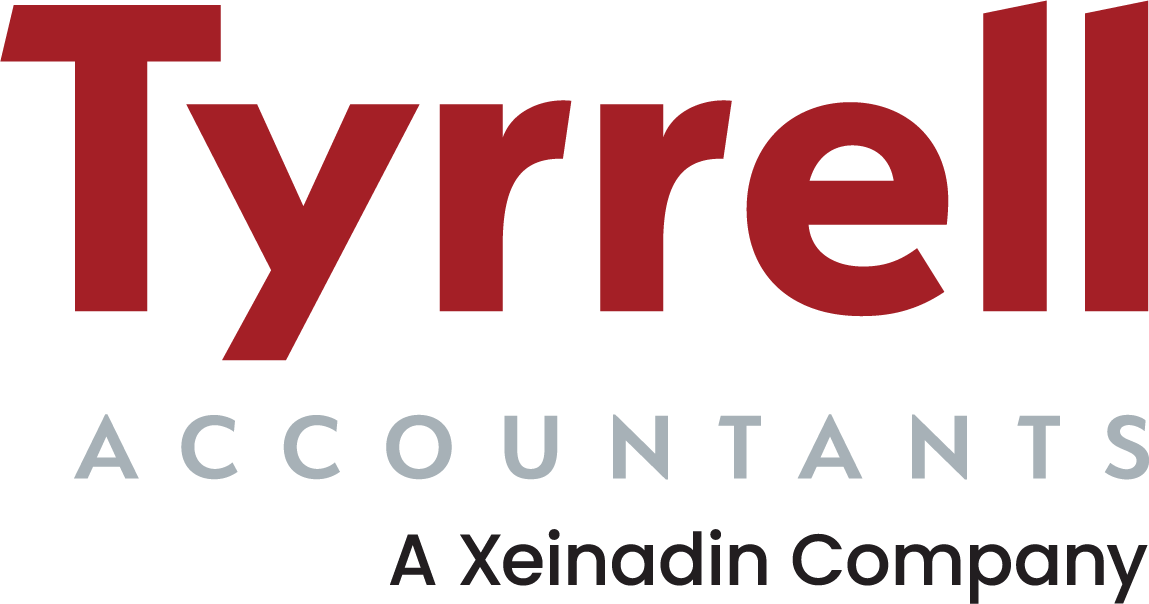‘Tax planning’ is one of those phrases whose meaning has become rather muddied over recent years.
Sensationalist coverage of tax-related stories in the media has turned ‘tax’ into a dirty word for some. But a good understanding of business tax, coupled with some genuine strategic planning, is actually a highly effective way to make your business more profitable.
With this in mind, here’s our whistle-stop guide to tax planning (and the key differences between planning, avoidance and evasion).
Tax planning isn’t tax avoidance
Tax planning isn’t about actively avoiding tax.
Planning is about understanding the business taxes your company will be affected by, understanding each of the potential tax relief or incentive schemes you could be eligible for and pulling together a clear outline of how and when you’ll pay these taxes.

Avoidance is a more fluid (and often wrongly used) term. It’s about looking at the legal loopholes, restructuring your business and setting up your finances so you can legally pursue a reduced tax bill. It’s all legal. It’s all above board. And it’s a perfectly acceptable way for a business to cut its expenditure on tax.
Tax planning isn’t tax evasion
Tax planning is very definitely not about evading tax.
Planning looks at strategic methods to spread the tax cost over time, and to minimise the potential financial impact. And that’s just good management and effective financial practice.
Evasion is a deliberate attempt to evade the tax laws. It’s an attempt to pay less tax which steps outside of the law, and as such is wholly illegal – and something that no reputable business or individual should ever consider. By evading tax, you’re breaking the law and you’ll end up being caught, prosecuted and could even end up in prison.
The importance of knowing the difference
So, as you can see, there are some hugely important differences between tax planning, tax avoidance and tax evasion.
In the media, ‘avoidance’ and ‘evasion’ have become synonymous, which clouds the waters and puts both practices in the same boat. But it’s incredibly important to understand those core differences:
- Tax planning = good business practice
- Tax avoidance = legal and part of a progressive tax strategy
- Tax evasion = illegal and to be avoided at all costs
Cut your tax spending and make more profit
Taking a progressive approach to your businesses tax spending is part of your wider strategic plan.
It’s about having a clear view of the taxes your company qualifies for, and then coming up with tactics and timelines that reduce the potential impact on your bottom line. And, as with most long-term business planning, consulting a professional adviser will pay dividends in the long-term.
At Tyrrell, we specialise in understanding our business client’s needs and planning their tax spending so it has a positive impact on the finances of the company.
There are a number of ways you can make use of government schemes and reliefs to cut the tax you owe and structure your finances so they’re as efficient as possible. For example, the R&D Tax Credit can be a great option if your business spends time and money on qualifying research, or the Enterprise Investment Scheme can help reduce income tax costs for you and your investors.
Get in touch for a tax planning session
Our knowledge of business tax, and how it applies to your business, means we can give you tax planning advice that has a measurable impact on your spending for the year. And by sitting down to talk through your long-term goals and objectives for the business, we can help you create the best possible strategic plan that makes the most of the available reliefs and government schemes.
You can find out more about the benefits of our tax planning services here
We’d love to talk through your tax planning needs with you. If you’d like to book a session, just get in touch to arrange a tax planning session.
